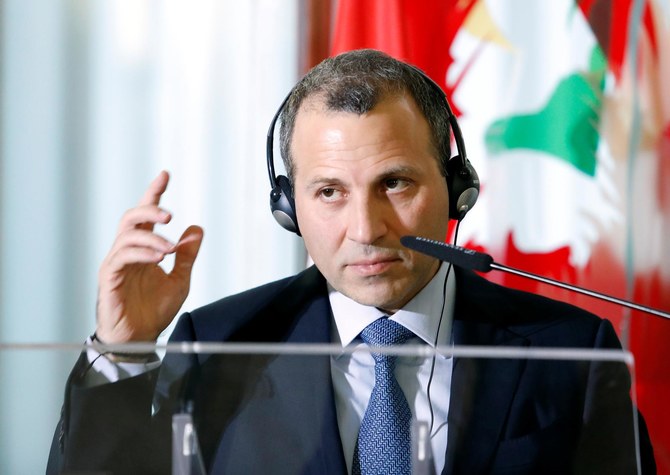
BEIRUT Reuters Tom Arnold — Lebanese consumers feeling the pinch from rising living costs amid an economic crisis are likely to be squeezed even tighter as more local pounds and less U.S. dollars come into circulation, pushing up inflation. Lebanon has long relied on a steady flow of dollars from its overseas diaspora to help fund its financial system. But that has been choked off as faith in the political elite crumbled. People have been hit by what economists estimate is a 30% annual rise in inflation during the crisis that escalated in October. The pound has collapsed against the U.S. dollar in the parallel market and a liquidity crunch has bitten. That slashed consumer purchasing power and prompted some to withdraw pounds from banks as unofficial capital controls shattered confidence in the banking system and restricted access to dollars.
Arlette Mattar, 54, a midwife and mother of three, has cut back to basics, eliminating sweets and restricting purchases of items like tissues and toiletries. “The cost of living is high now,” she said outside a supermarket in a middle-class Beirut neighbourhood. “Now when I shop I get only what I need.” While the pound, pegged against the dollar for 22 years, is the official currency, the greenback has long been used as an alternative for transactions. Some consumers who were buying with dollars say they now use pounds. “Today you know the most important thing is food, it is necessary for one to live, so this affected all Lebanese families,” said a beautician and mother of two who asked only to be identified by her surname, Boutros. She had tightened spending on goods like cleaning products. The Lebanese economy relies on imports.


![Stones are seen on the ground as Lebanese police gather during a protest against the newly formed government in Beirut [Aziz Taher/Reuters]](https://www.aljazeera.com/mritems/imagecache/mbdxxlarge/mritems/Images/2020/1/22/de1922059dd446c8920e3b7f526396c4_18.jpg)






